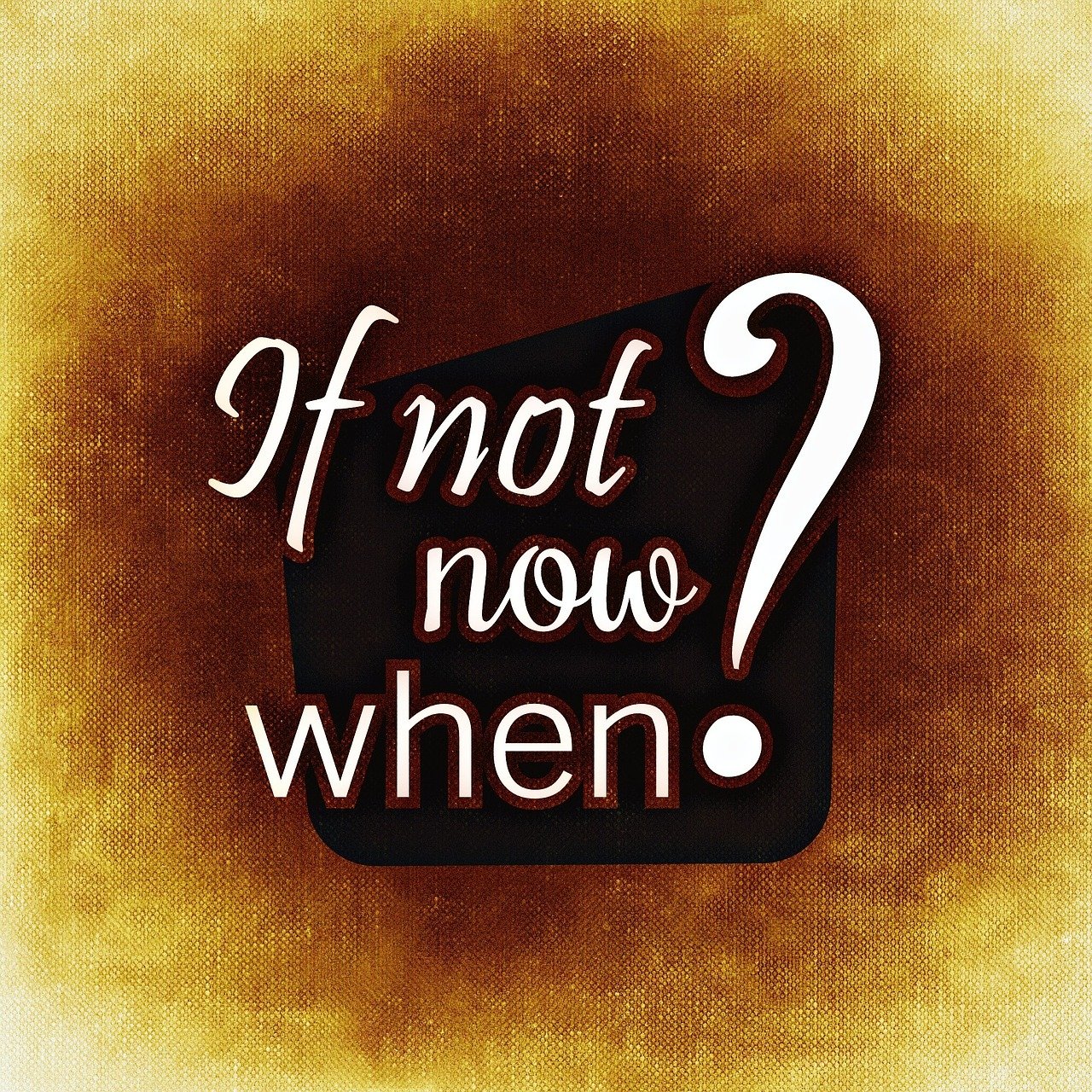
Speak Up without Getting Fired!
Santo D. Marabella | Posted on |

This column was first published in the Reading Eagle on July 8, 2025.
by Santo D. Marabella, The Practical Prof®
In his speech following the Bloody Sunday attack on peaceful protesters by Alabama law enforcement, Martin Luther King said that we die when we don’t stand up for what is right or just or true — in this instance, it was voting rights. (Here’s an excerpt from MLK’s Bloody Sunday Speech).
U.S history seems to be repeating itself — peaceful protests against perceived unchecked presidential authority and the erosion of the rule of law. Fortunately, violence has been very limited.
You might ask, what does this have to do with work? That’s politics, not business. In past discussions (i.e. “Witnessing Workplace Bullying, March 18, 2025), I’ve shared evidence that what happens outside work influences how we behave inside work. This is no different.
I’m particularly concerned about our ability to speak up at work about bullying, harassment, intimidation, discrimination, unfair or biased treatment; some of which are protected against by federal law (U.S. Equal Employment Opportunity Commission’s Know Your Rights: Workplace Discrimination is Illegal). I’m focusing on speaking up against issues that are unjust, illegal or not. I’m equally interested in our ability to do this without getting fired!
We have seen peaceful protesting work at the national level — a high school teen in Massachusetts, a restaurant worker in Missouri, a four-year old cancer survivor — all released by ICE because of pressures and outcry from protests. And, if the macrocosm has a lesson for us, and I think it does, we can make a difference at work. I acknowledge that we may disagree on the validity of the detainments; I include them because they demonstrate how speaking up can affect change.
Why is it difficult to speak up
Standing up for a cause is a group thing, in a “safety in numbers” way. Standing up as an individual in a business meeting, according to Sandra Ford Walston, The Courage Expert, is a “higher level of courage consciousness. It’s where courage meets grace.”
Speaking up often sets us apart from others, and not in a good way. Even when others may be thinking the same as we are, those who speak up at work may be ostracized, or worse, disciplined. There is a way to speak up and protect ourselves.
To do this requires courage. And, while we may not have an MLK to look to for inspiration, I have been encouraged (and definitely inspired) by Ford Walston’s work.
Several years ago, I had the opportunity to connect with her and her unique perspective on courage. Ford Walston believes that traditional views on courage, built around an unhelpful duality, are what make it difficult to speak up and to claim our courage. The duality, often framed as courage or fear, hero or coward, really misses the core of courage — heart (from the Old French “corage”).
Ford Walston offers that courage is around the “heart and spirit, not the dualities.” She frames courage as the ability to “leave an indelible mark on the person’s heart.” That is not scary, that is a gift. When we claim what she refers to as our “everyday courage,” we give witness in ways that build up others.
This isn’t always easy, and like any new habit, requires practice. Ford Walston believes it begins with vulnerability — ours. We may not have the “linguistic skills” (literally, the words) to articulate what we are standing up for. But, when we acknowledge that claiming courage makes us vulnerable, more than making us open to attack, it makes us instantly relatable. Then, by asking “you” questions which we frame as authentic curiosity, we are able to claim our courage. Questions like: How did you come to make this decision? What do you believe is the best outcome for those who are impacted? Why do you support this policy for salaried employees but not hourly workers? This is where courage leaves that indelible mark.
Ford Walston acknowledges the difference in claiming courage between introverts and extroverts. It can be more challenging for introverts because they need time to reflect internally. It’s okay to be vulnerable and express that. And, this is where extroverts who may not feel constrained can help by drawing out the introvert asking “you” questions that may lead to claiming their courage.
Impact of claiming our everyday courage
I do believe that part of our soul dies when we do not speak up at work and let the opportunity to leave an indelible mark slip by. I believe this because not speaking up denies part of who we are as a person, not just as a business-person. When we are caught up in the duality that we are either courageous or fearful, we forget what is important to us, what we stand for.
I also believe that we can be courageous and protect ourselves at work by acknowledging our vulnerability and asking the “you” questions. Asking to understand, rather than accusing or simplifying “calling out” what is unjust, can engage others rather than cause them to shut-down, build up walls or attack you.
Claiming our courage may not be easy, but it can be simple Two questions Ford Walston often leaves her clients to ponder can get us started:
• What would you do right now if you had unlimited courage?
• What courageous conversation have you been putting off?
Look for the “indelible mark” you would leave on the heart — yours, your co-workers’, your company or organization’s!
Next Column: Not sure…Stay tuned!
Dr. Santo D. Marabella, The Practical Prof, is a professor emeritus of management at Moravian University and hosts the podcast “Office Hours with The Practical Prof … and Friends.” His latest book, “The Lessons of Caring” is written to inspire and support caregivers (available in paperback and eBook). Website: ThePracticalProf.com; Twitter: @PracticalProf; Facebook: ThePracticalProf.
SOURCES & FURTHER READING:
US EEOC, Know Your Rights: Workplace Discrimination is Illegal
Protests Erupt after MA High School Student Detained
MO Mom Whose Detenching Rocked a small MAGA Town is Released
Four Year Old Girl Facing Detention is Allowed to Stay in the US
